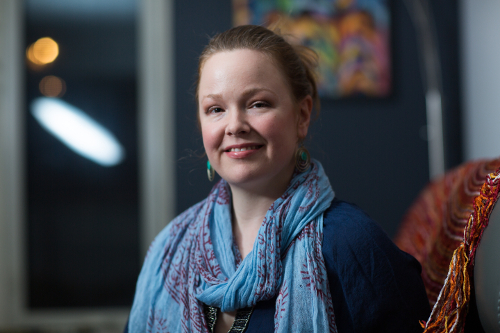How to get started
- Book a free 15-minute phone consultation call by clicking on the contact button. You can also call or email if you prefer.
- I will send you a quick email before confirming the consult call to ask you brief questions about what brings you to seek therapy to make sure that it falls within my scope of expertise.
- Before the consult call, I will also confirm that my available times slots and out-of-network fee work for you prior to our meeting. If those logistics don’t work for you, I will be happy to give referrals.
- If during the consult we determine that we would be a good fit, we will then schedule an initial therapy appointment to get started with therapy.
- Before the initial appointment I will send you the necessary paperwork which will need to be completed before our first scheduled session.
Please be advised that I am currently licensed to practice in Maryland, DC, and Virginia only. I am only seeing clients online at this time. I do not accept insurance but can provide the paperwork necessary for any reimbursement your insurance may offer.
How therapy (with me) works:
I am currently seeing clients who are able to commit to coming weekly. Sessions are 50 minutes. I do not accept insurance but will provide you with the paperwork necessary to submit to your insurance for reimbursement.
The first few sessions are about taking our time getting to know each other. I will want to hear more about what is bringing you to seek therapy, but I won’t ask many questions all at once because that can be overwhelming. I will also ask you about your dreams, passions, values, and strengths, what makes you feel most alive, what brings you joy, peace, or relief. We’ll also spend some time getting clear on what you want to see change as a result of working with me, and how we might go about that.
In the beginning of our work together, when appropriate, I might explain a bit about how I work using Somatic Experiencing, polyvagal theory, Internal Family Systems, attachment, and Neuroaffective Touch, if I think these approaches may be beneficial for your goals. I will ask about what has worked for you in the past, if you’ve been in therapy before, as well as what has not been helpful. I want to make sure I am addressing your concerns and goals, and working with you in a way that you choose.
After the initial few sessions, we’ll get into a rhythm. You get to decide what we talk about or focus on in session. I might offer the option of doing a mindfulness or grounding at the beginning of session, but I’ll always ask if that is what you want. Some people like to do that, others like to dive right in to what they want to discuss that day.
Therapy is an organic process, and it’s unique between each individual person and therapist. I am holistic in my approach, and collaborative with my clients. Some of the main orienting principles that guide me in any session are:
Choice (that you get to choose what we talk about, focus on, and do)
Tracking and Avoiding Overwhelm (that’s neuroscience speak which basically means that part of my work is to pace the session so that clients don’t get overwhelmed, and which is helpful for one to learn where their window of tolerance is)
Respect (I do not pretend to know you better than you know yourself; I will be transparent about what I think; I will own that I can be wrong; if I make a mistake, I will say sorry; if I have an intuition or insight about something we are working on, I will check with you and ask if I am off, and if so, for you to correct me so that I get it right; I will be mindful of your time and ask you to do the same for me; I will hold in mind the goals and hopes you shared about our work together; I will believe in you… this is not an exhaustive list, but so you get the idea).
Therapy can last anywhere from 6 months to a few years or longer, or whatever it takes. But it’s always voluntary. You can end when you feel you are ready, or when you need to. I just ask that you give me a heads up so we can process our time together and honor your journey, and it is standard to take at least a few sessions to do this well. The way therapy ends is as important as what takes place along the way. Too often, people haven’t had the chance to have a good goodbye, and having that can be transformative.


